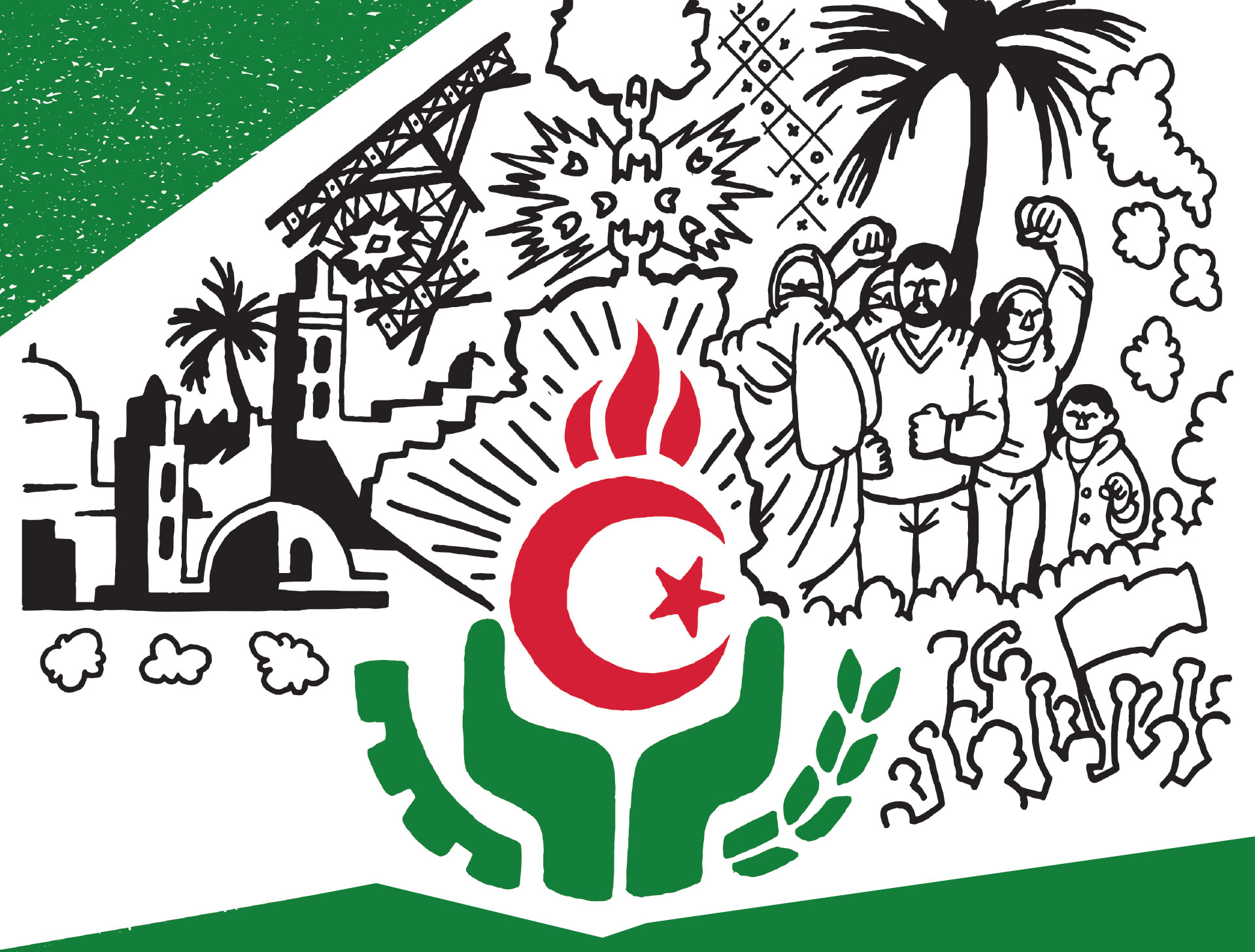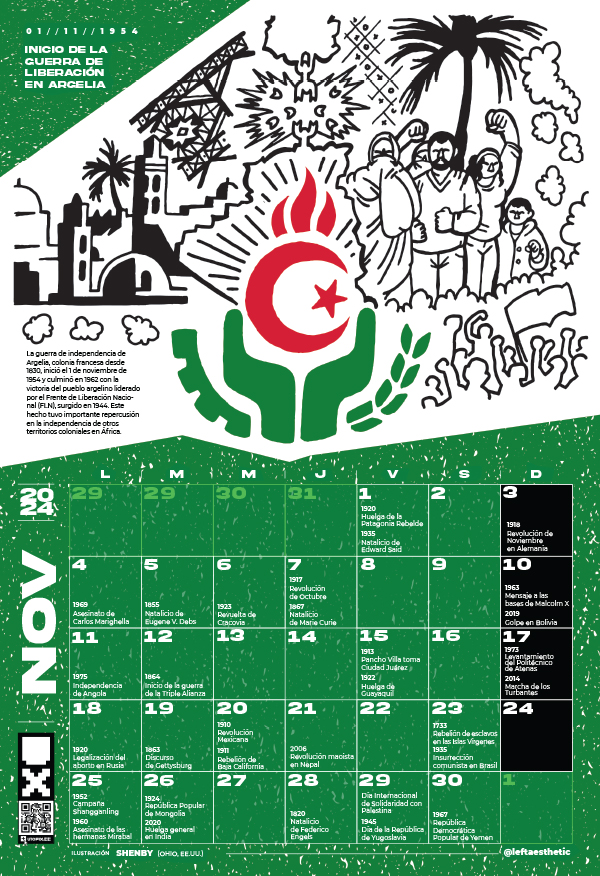ESP – ENG

With the end of World War II, the writing was on the wall for the European colonies in Africa. France, like Britain, promoted negotiated transitions toward independence, particularly in West Africa, while ensuring that neocolonial mechanisms were in place.
But in Algeria, the story was different, with Paris determined to hold on to the territory at all costs. As a result, the Algerian National Liberation Front (FLN) launched its armed struggle for liberation in November 1954.
In the ensuing seven years, Algeria was drenched in blood as French forces unleashed all sorts of war crimes and collective punishment in a fruitless bid to terrorize the people into submission. The result was the complete opposite, with even Western public opinion turning against Paris.
For its part, the FLN, with leading figures such as Krim Belkacem and Ahmed Ben Bella, launched a fearless guerrilla campaign. After winning support in the countryside, particularly from dispossessed peasants, the FLN gradually ramped up activities in Algiers and other urban centers, from hit-and-run attacks to labor strikes.
The war in Algeria triggered a political crisis at home that saw De Gaulle return to power after a coup d’État. However, despite his best efforts, support for independence became overwhelming in Algeria, and opposition was growing on the domestic front as well.
In the end, a referendum resulted in a massive pro-independence win, and the Évian Accords between the French government and the FLN finally sealed Algerian independence. The anti-colonial triumph would reverberate and inspire other liberation struggles around the world.

Click here to download the printable version of the calendar and hang it on your wall.
Text: Ricardo Vaz. Illustration: Shenby.